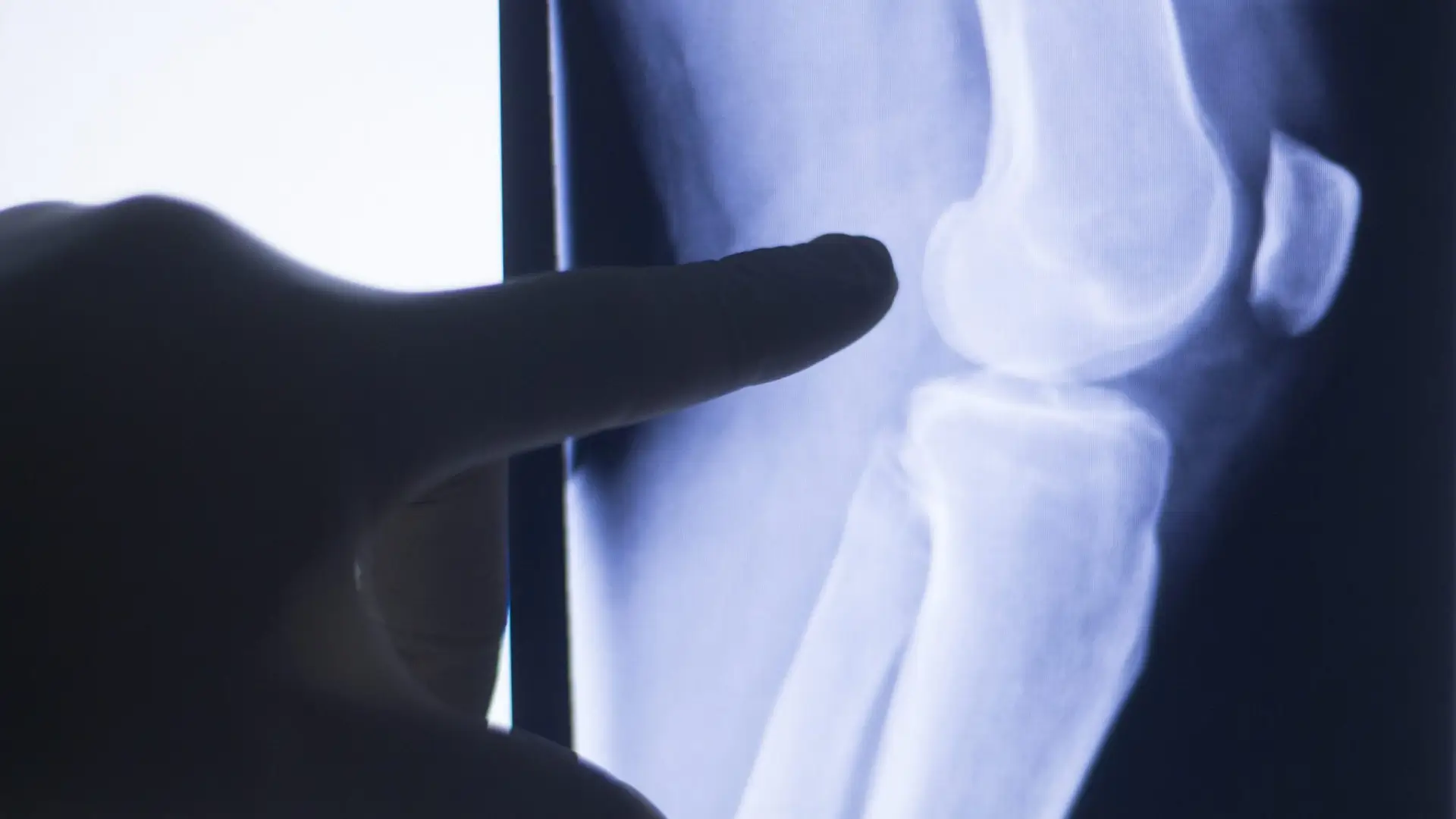Viscosupplementation: A Promising Treatment for Knee Osteoarthritis
Osteoarthritis (OA) stands as the most prevalent form of arthritis across the United States, with knee OA being the most widespread manifestation of this condition. This disease, predominant in the Western World, inflicts considerable pain and functional limitations on a significant portion of the population, leading to substantial costs in terms of treatment, hospitalization, and productivity loss. In fact, the productivity loss associated with knee OA is estimated to be as high as 86 million Quality-Adjusted Life Years (QALY).
Navigating Treatment Options for Knee OA
The journey of treating knee OA typically begins with conservative measures and injection therapy, ultimately progressing to surgical intervention in many cases. The primary objectives before considering surgery are to alleviate pain, enhance functional status, and postpone the need for surgery as long as possible.

The Role of Viscosupplementation
Viscosupplementation treatment (VS) is a cornerstone among the variety of injection therapies available for managing OA. This treatment involves injecting hyaluronic acid and its derivatives directly into the knee joint to supplement the viscous properties of synovial fluid, thereby reducing pain and improving joint function. Current viscosupplementation treatment options vary, including native and cross-linked, low-molecular or high-molecular-weight formulations, with Hylan G-F 20, sodium hyaluronate preparations, and hyaluronan being among the more recent and promising options.
Safety and Efficacy
These viscosupplementation treatment options are recognized for their relative safety, with side effects typically being self-limited and localized. Despite existing guidelines offering inconclusive recommendations on the use of VS for knee OA—citing concerns over biased and low-quality evidence—an expanding body of research is validating the superiority of VS over placebo and other types of injection therapy. This evidence points to a cumulative benefit in reducing pain, improving functional status, and delaying the need for surgery.

Future Directions and Research
The advent of single-injection solutions represents an exciting development in viscosupplementation therapy, potentially making this treatment more accessible and cost-effective. Early evidence is encouraging regarding the safety and benefits of multiple injections, though further research is essential to fully understand the implications of these treatment strategies.
As the volume of high-quality research grows, it is anticipated that guidelines around the use of viscosupplementation for knee OA will evolve, reflecting the positive outcomes observed in numerous meta-analyses and systematic reviews.
Conclusion
For those grappling with the pain and mobility restrictions of knee OA, viscosupplementation treatment offers a beacon of hope. By providing a detailed review of the latest evidence supporting this treatment approach, individuals can gain a comprehensive understanding of how viscosupplementation can play a crucial role in alleviating the symptoms of knee OA. As we look to the future, continued research into this promising therapy is essential, promising to refine our approach and expand the options available to those affected by this debilitating condition.
Frequently Asked Questions
Viscosupplementation treatment for knee osteoarthritis involves injecting hyaluronic acid directly into the knee joint. This helps replenish the natural lubrication, reduce pain, and improve mobility in patients suffering from knee osteoarthritis. It is particularly helpful when other treatments, such as physical therapy or pain relievers, have been ineffective.
A viscosupplementation injection works by injecting hyaluronic acid into the knee, improving joint lubrication and shock absorption. This reduces the friction between bones and helps in managing pain and stiffness in knee osteoarthritis. It is considered a beneficial option for patients with mild to moderate symptoms.
Yes, viscosupplementation after knee arthroscopy can be considered if pain and mobility issues persist. The treatment helps enhance joint fluid quality and may improve outcomes for patients undergoing knee arthroscopy, offering relief from osteoarthritis symptoms in the affected knee.
Viscosupplementation for the treatment of osteoarthritis of the knee has been shown to improve pain relief and mobility for up to six months. While results may vary, many patients experience significant improvement, especially when other nonsurgical treatments have failed. It can also help delay the need for more invasive procedures, such as surgery.

